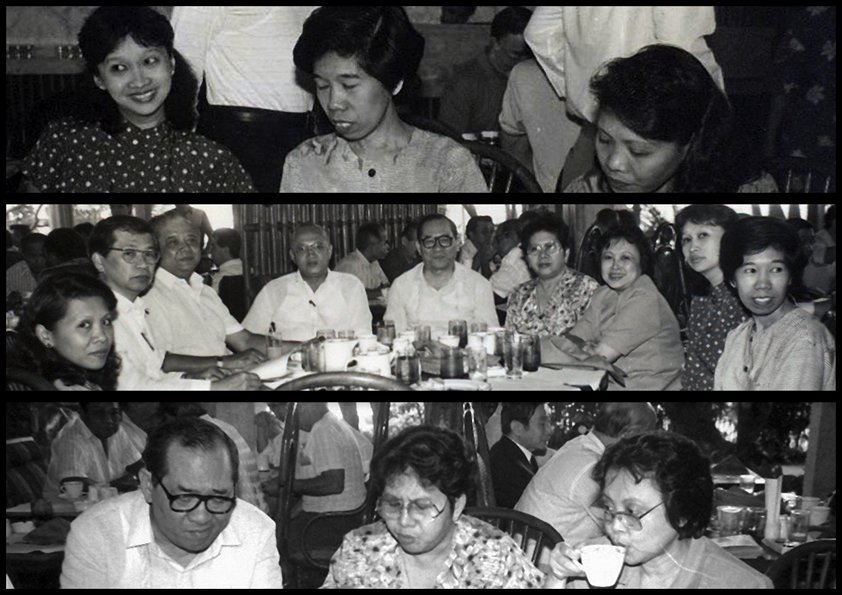Main Menu
- Home
- About Us
- Advocacy
- Research and Publications
- Training
- Fellowship Training Institutions
- Asian Hospital and Medical Center
- University of Santo Tomas
- Makati Medical Center
- Philippine General Hospital
- The Medical City
- East Avenue Medical Center
- Chinese General Hospital
- St. Luke’s Medical Center Quezon City
- St. Luke’s Medical Center – Global City
- Chong Hua Hospital
- De La Salle University Medical Center
- Cardinal Santos Medical Center
- Southern Philippine Medical Center
- Training Curriculum
- Fellowship Training Institutions
- News & Events
- Members
- COVID-19
- Gallery
- Home
- About Us
- Advocacy
- Research and Publications
- Training
- Fellowship Training Institutions
- Asian Hospital and Medical Center
- University of Santo Tomas
- Makati Medical Center
- Philippine General Hospital
- The Medical City
- East Avenue Medical Center
- Chinese General Hospital
- St. Luke’s Medical Center Quezon City
- St. Luke’s Medical Center – Global City
- Chong Hua Hospital
- De La Salle University Medical Center
- Cardinal Santos Medical Center
- Southern Philippine Medical Center
- Training Curriculum
- Fellowship Training Institutions
- News & Events
- Members
- COVID-19
- Gallery



